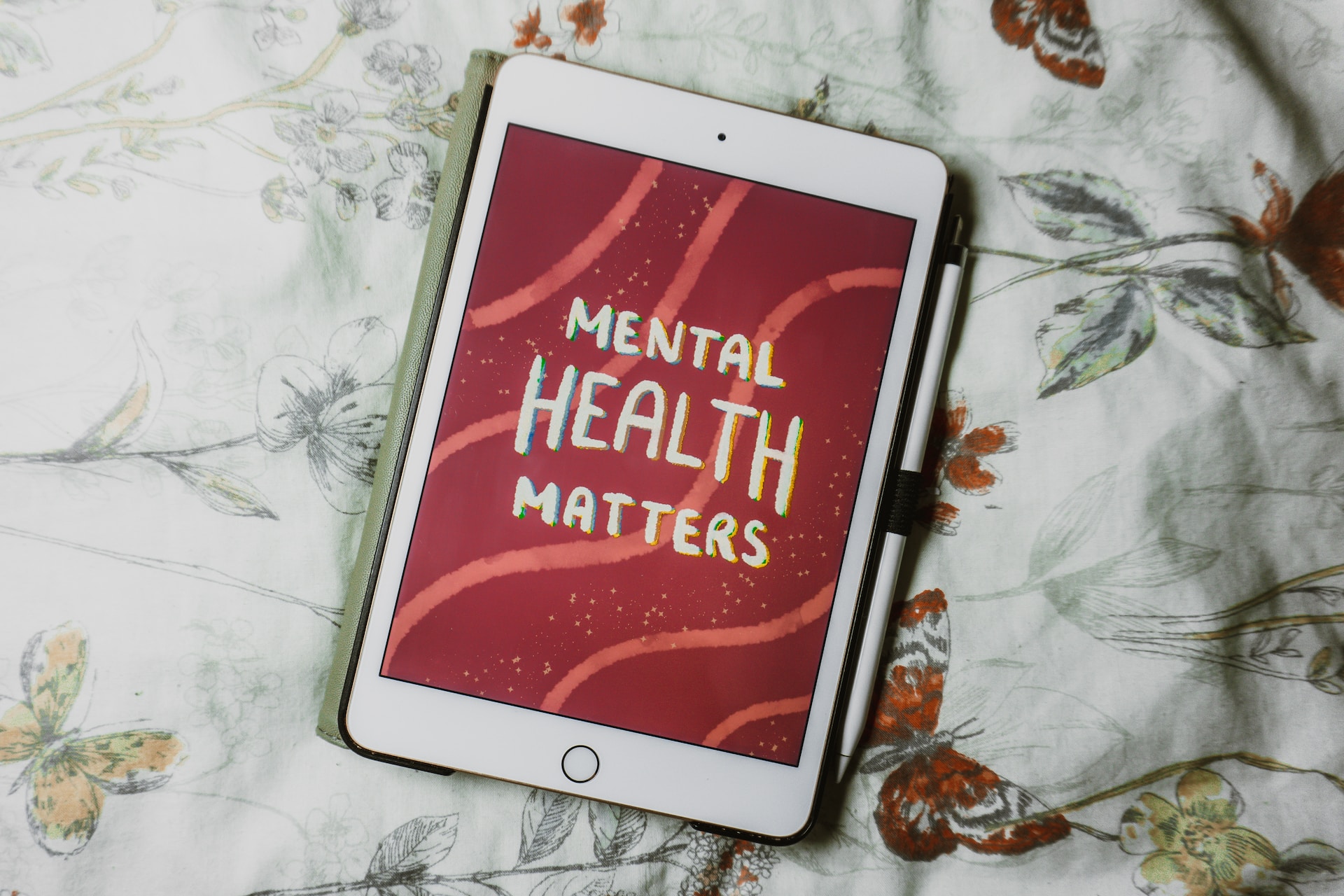If you’re coping with a social anxiety disorder, the mere thought of facing certain social situations can spark feelings of intense nervousness, worry, fear, or dread. And when these upsetting emotions persist, they can take a serious toll on your life.
A social anxiety disorder can be disruptive, distressing, or even debilitating, but it doesn’t have to control your life — there’s a lot you can do to counteract its effects and rewrite your personal narrative.
Here, our team of supportive experts at EXIS Recovery Inc. in West Los Angeles offers four effective self-management strategies for social anxiety.
Anxiety is a natural and adaptive fight-or-flight response to dangerous circumstances or acutely stressful situations. An anxiety disorder, on the other hand, is an intense anxiety response that occurs in anticipation of routine events or under normal circumstances.
Social anxiety disorders generate considerable discomfort, fear, or panic in social situations. If you have a social anxiety disorder, you probably prefer avoiding the triggering situation to suffering through it.
Living with a social anxiety disorder can have negative and far-reaching effects on virtually every area of your life: It can diminish your personal relationships, impact your mental health, and lead to missed connections and professional opportunities.
Fortunately, it’s possible to keep social anxiety in check with mindful self-management. Here are a few effective strategies to try.
Because social anxiety can mean different things for different people, it’s important to get to know your problem more definitively: How does your social anxiety affect you? Do you worry about interacting with strangers, meeting new people, or even talking to someone you know at a small gathering? Do you avoid public speaking or skip parties?
Gain insight into the nature of your social anxiety by keeping a detailed journal of the feelings, physical reactions, thoughts, and behaviors that occur when you’re feeling its effects. Look for patterns in your responses and the situations that generate them.
Social anxiety usually begins in anticipation of a social situation, increases in intensity through the course of that situation, and persists long after the situation is over. Along the way, you may experience a range of fearful emotions and negative thoughts, many of which are irrational or extreme.
Challenge those negative thoughts by asking yourself if your fears are realistic. What’s the worst thing that could happen if your fears turned out to be true? How likely is that worst-case scenario,”and how bad would it be, really? What would you tell a friend who was feeling the same fears you’re feeling?
You can also keep your thoughts in perspective by checking your assumptions about others. Remind yourself that everyone makes mistakes, and most people aren’t waiting to pounce when you make one. In fact, most people are too focused on their own worries to pay such close attention to others.
When you’re experiencing the effects of social anxiety, face the negative emotions without judging them or acting on them. Instead, stay present, focusing on your breathing and the sensations in your body. Then, shift your focus to your five senses, one by one. What are you seeing, hearing, smelling, tasting, and feeling in this moment?
The goal of any mindfulness practice is to shift your attention away from your projected worries and back to the authentic present moment. Taking deep, slow breaths can help you get there, as can focusing on the larger space or natural environment around you. Practiced regularly, these simple mental shifts can make a real difference in how you feel.
After you’ve observed your anxiety response, challenged your negative assumptions, cultivated realistic thoughts and beliefs, and fostered a more mindful approach, you may be ready to face the social situations you fear.
By practicing social participation in situations where you feel supported, you can begin to face your anxiety head-on and build your confidence. Not sure where to start? List the situations that cause you anxiety, ranking them from least to most daunting. Begin with the easiest, least scary situation, and gradually work your way forward from there.
While self-management strategies can be a highly effective way to cope with social anxiety, professional help that offers expert insight, guidance, and support can be just as valuable. Using evidence-based practices like cognitive-behavioral therapy (CBT), expert treatment meets you right where you are — and helps you get to where you want to be.
If you’re ready to overcome social anxiety, we can help. Call 424-244-3513 to reach our West Los Angeles office today, or use the easy online booking feature to schedule a visit with one of our seasoned anxiety specialists any time.
5 Tips for Maintaining Your Sobriety Over the Holidays
When you’re recovering from an alcohol use disorder, the holiday season can feel like a one-way ticket to relapse. Here, we offer practical strategies to help you maintain sobriety through the festivities.
These Conditions Respond Best to CBT
Cognitive behavioral therapy (CBT) helps you change problematic habitual thoughts and gives you the skills to alter your action patterns. Learn which conditions respond best to this highly effective “here and now” treatment approach.
Understanding Psychotic Disorders
Psychotic disorders are serious, but they’re also treatable — and getting prompt expert care makes all the difference when it comes to recovering from a psychotic episode and restoring a normal quality of life. Here’s what you should know.
Is My Loved One Always Going to Be Depressed?
Perhaps the only thing more challenging than dealing with depression yourself is watching a loved one struggle with its effects. Fortunately, depression is highly treatable — and the first step is an accurate diagnosis.
What Can Help My Adult ADHD?
When adult ADHD goes unmanaged, it can turn every day into an uphill battle and take a toll on your mental health. Luckily, there’s a lot you can do to gain the upper hand over your symptoms and regain control of your life — and we can help.
How Will I Ever Get Over My Recent Traumatic Event?
When a trauma reaction is persistent or overwhelming, it can make you feel trapped in the aftermath of the event. Fortunately, there’s a lot you can do to gain the upper hand over your trauma response. Learn more here.








